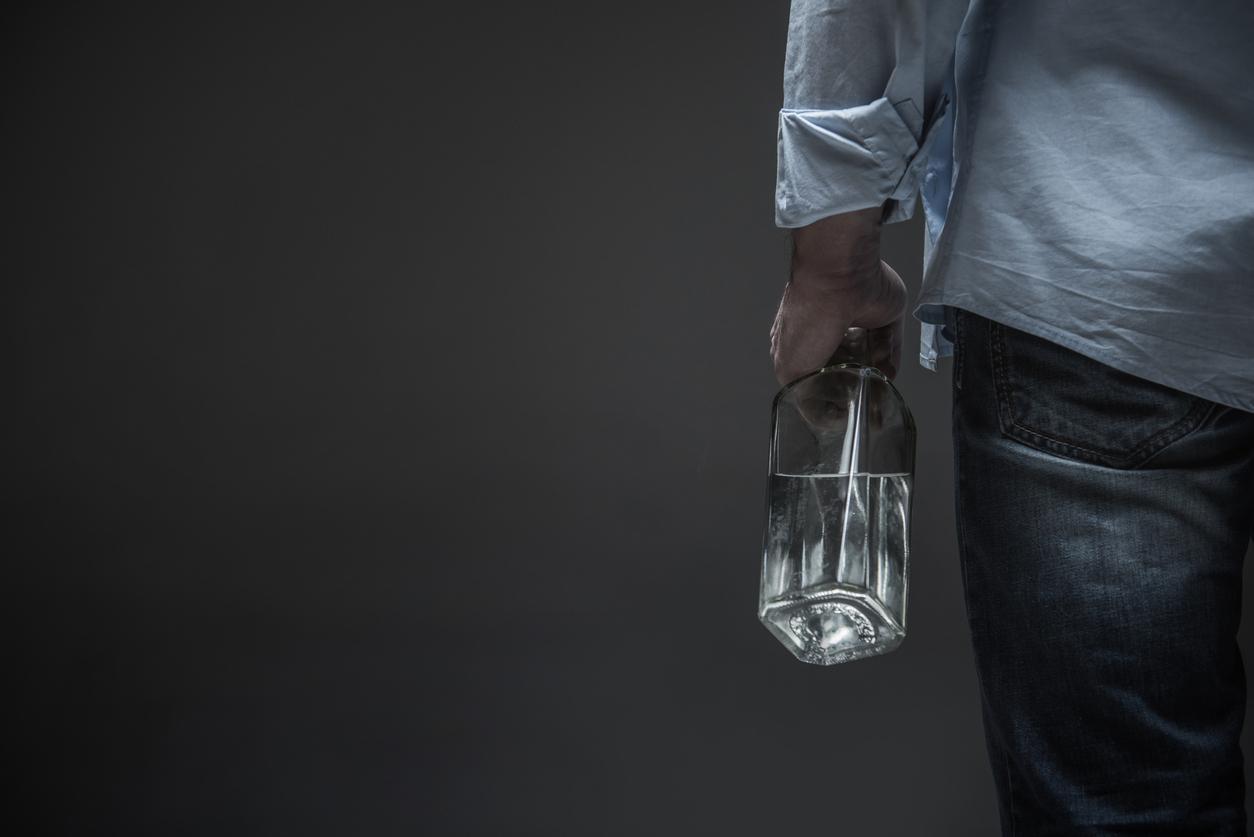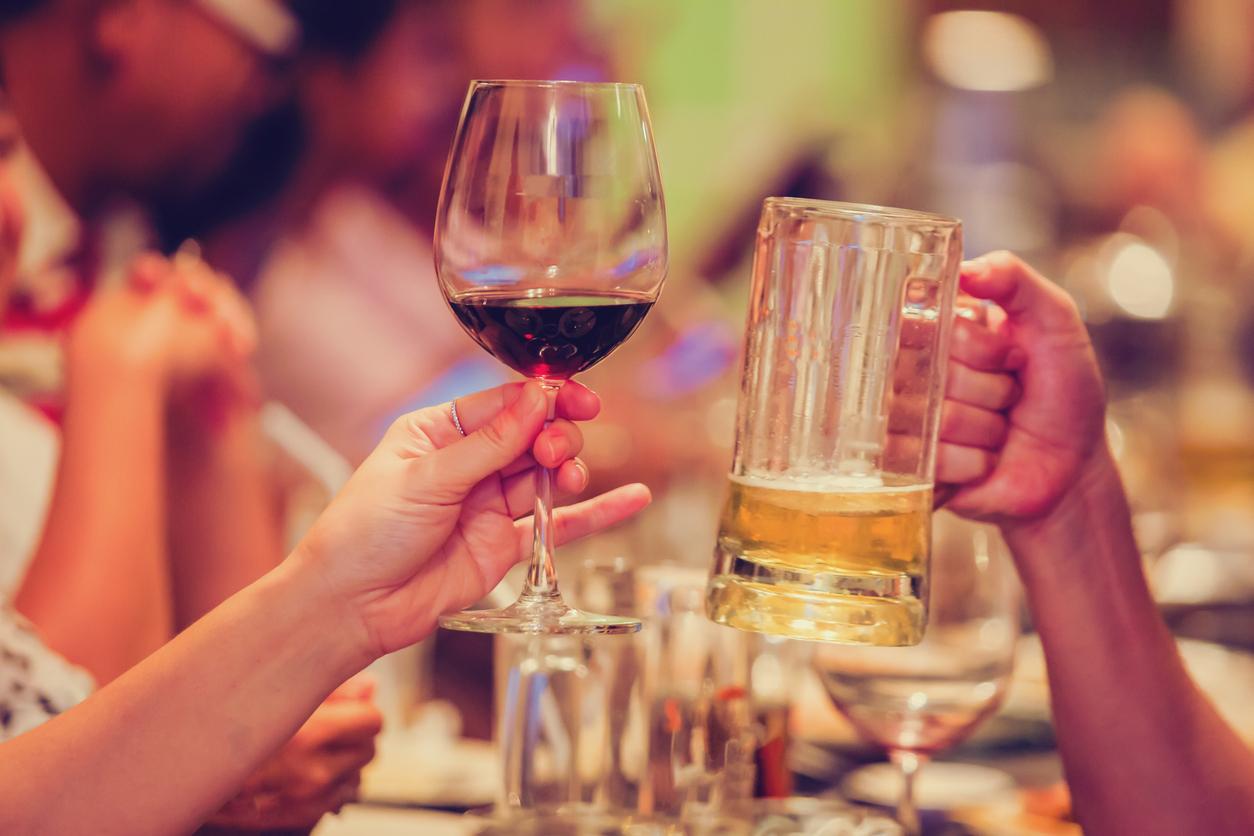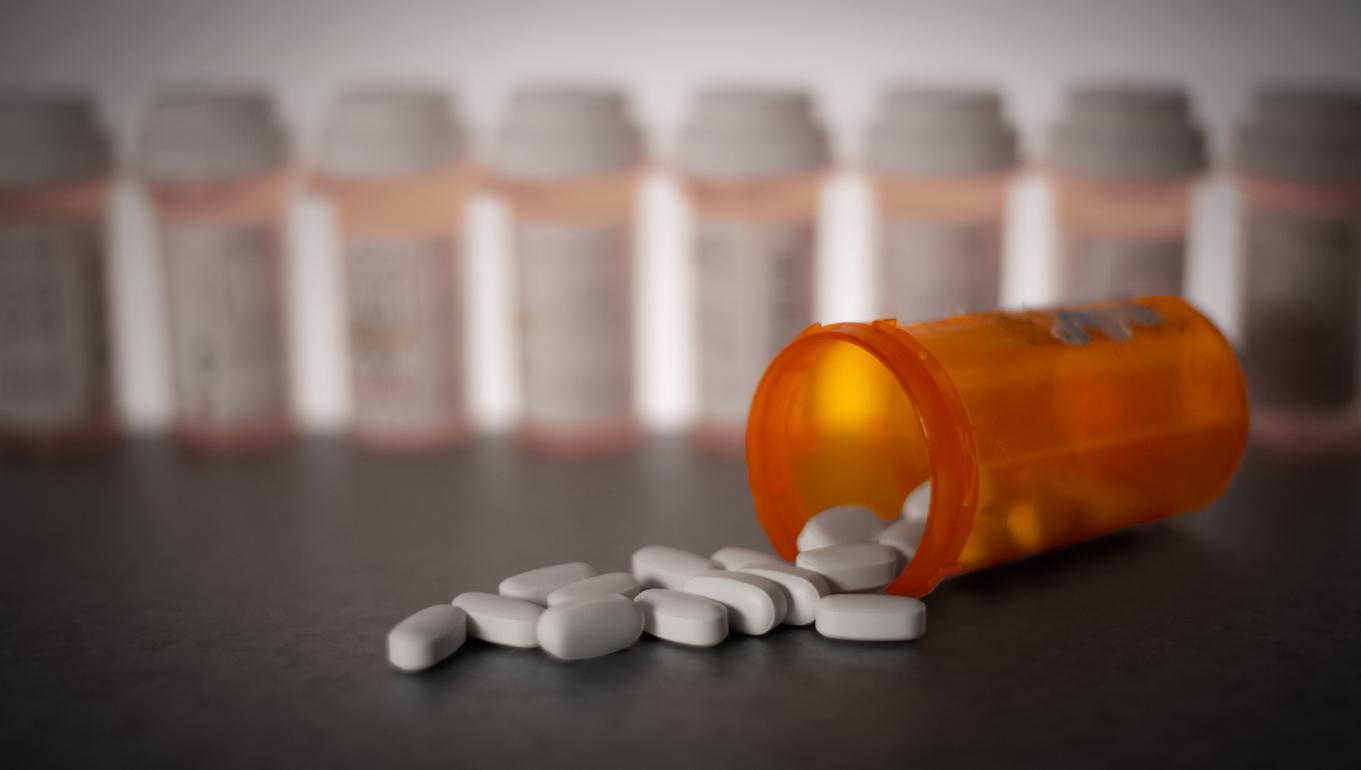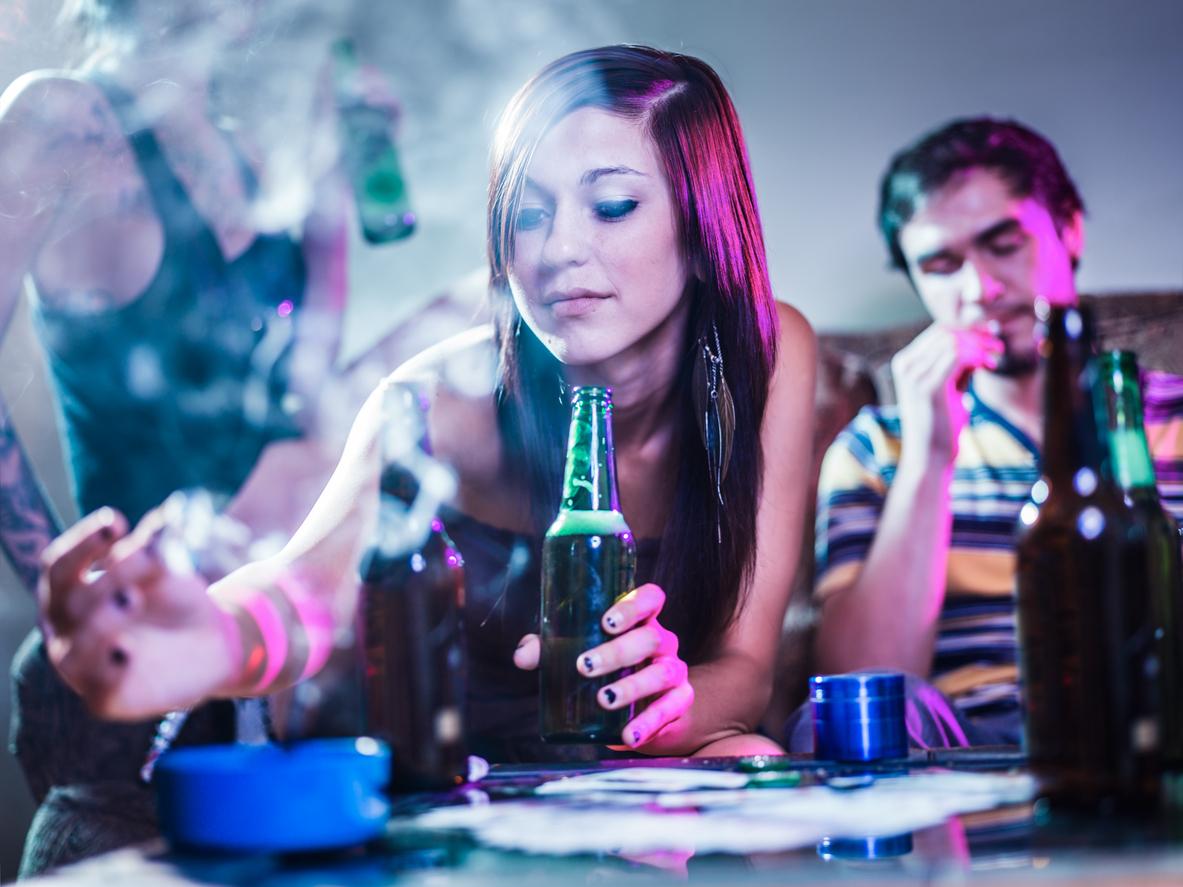Virtual reality is immersive computer stimulation. Its goal is to immerse the person in motor and sensory activity in a very realistic artificial world. Very popular in the field of video games, this approach is also of interest to the medical world. It is also already used to help people phobic to overcome their fear, especially when it comes to vertigo, fear of crowds or spiders, but also in the context of post-traumatic stress. The idea is to expose patients to situations which cause them stress and anxiety in a totally controlled space, so that they learn to better manage these situations in real life.
A method that changes brain metabolism
A new South Korean study published in the Journal of Studies on Alcohol and Drugs even suggests that virtual reality could be effective in treating alcohol addiction.
Researchers from Chung-Ang University Hospital (Seoul, South Korea) tested virtual reality-based therapy on 12 patients treated for alcohol dependence. All participants underwent a week’s detox program, followed by 10 virtual reality therapy sessions conducted twice a week for 5 weeks.
The sessions included three different virtual scenes visualized in 3D. The first was made of soothing images, to relax the patients. The second scene showed a “risky situation” in which the patient is projected into a restaurant scene where alcohol is very present, while the third showed an “aversive” situation where highly dependent people were. sick because of their alcohol consumption. In the latter type of short film, the 3D images were accompanied by sounds and smells related to this sick state.
Before and after this virtual reality therapy, the 12 patients were subjected to medical imaging examinations to measure their brain activity and activated brain structures. Thanks to this, scientists gained access to the brain metabolism of patients. They then observed that, compared to healthy people, dependent people had a faster metabolism in their limbic system, the brain structure linked to behavior and in particular to aggression, fear and pleasure. This observation indicates that the patients were more sensitive to stimuli such as alcohol.
However, after virtual therapy, these results changed, and the patients presented with decreased brain metabolism, suggesting that their craving for alcohol did too.
For Doug Hyun Han, co-author of the study, this approach holds promise for the treatment of alcohol dependence, in part because it subjects patients to real-life situations and requires a active participation. Sessions can also be personalized according to the patient’s profile. However, studies conducted on a larger number of patients will be necessary to validate these results.
Read also :
Alcohol: what is drinking a little too much?
Alcohol, a drug more dangerous than cannabis
Alcoholism: soon a drug to treat it
















